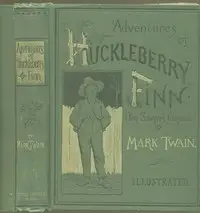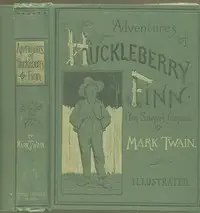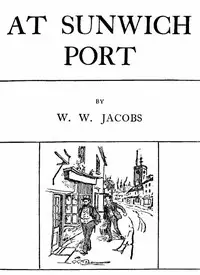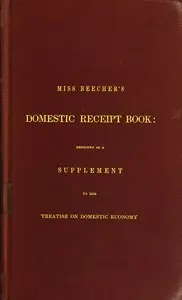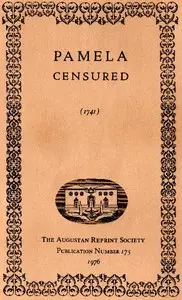"Following the Equator: A Journey Around the World. Part 1" by Mark Twain is a travelogue written during the late 19th century. The book captures Twain's experiences and observations as he embarks on a lecture tour across multiple continents, encompassing a rich tapestry of landscapes, diverse cultures, and social commentary. The narrative unfolds through Twain’s signature wit and humor, highlighting his interactions with various characters, including a captain with a troubled past and numerous fellow passengers, as he navigates both the physical and social realms of his journey. At the start of the book, Twain recounts the origins of his voyage, beginning in Paris and culminating with his departure from New York. He describes the initial discomforts of travel, including a carbuncle and the chaotic conditions of the ship. Introduced alongside the setting are several colorful characters, such as the capable yet troubled captain and a cheerful Scottish purser, who each add depth to Twain's travel experience. As they journey across the Pacific Ocean, the narrative paints a vivid picture of the ship and its crew, juxtaposed with Twain’s astute observations on human behavior and societal norms, setting the stage for the adventures that will follow in the rest of the narrative. (This is an automatically generated summary.)
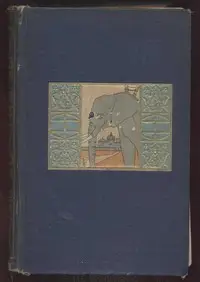
Following the Equator: A Journey Around the World. Part 1
By Mark Twain
"Following the Equator: A Journey Around the World. Part 1" by Mark Twain is a travelogue written during the late 19th century. The book captures Twai...
Samuel Langhorne Clemens, known by the pen name Mark Twain, was an American writer, humorist, and essayist. He was praised as the "greatest humorist the United States has produced," with William Faulkner calling him "the father of American literature." Twain's novels include The Adventures of Tom Sawyer (1876) and its sequel, Adventures of Huckleberry Finn (1884), with the latter often called the "Great American Novel." He also wrote A Connecticut Yankee in King Arthur's Court (1889) and Pudd'nhead Wilson (1894) and cowrote The Gilded Age: A Tale of Today (1873) with Charles Dudley Warner.

